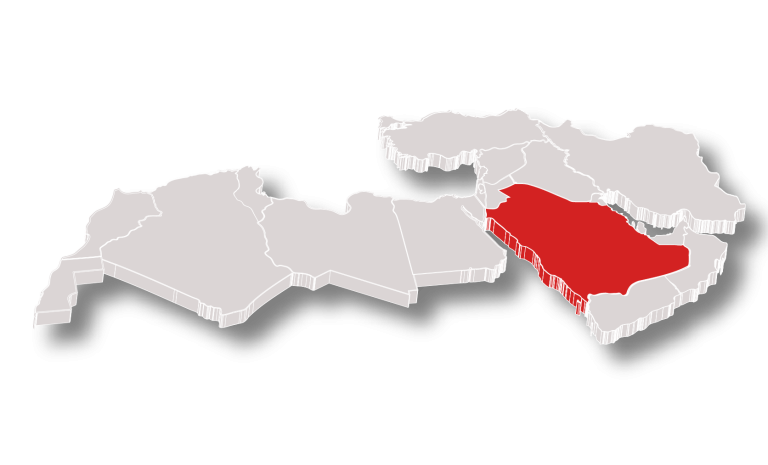Saudi Arabia is one of MEDC’s focus countries. Our work on Saudi Arabia covers topics such as authoritarianism, political detentions, transnational repression, democracy and human rights advocacy, and U.S. policy.











MEDC Copyright 2024
|
The Myth of MBS’s “Moderate” Islam